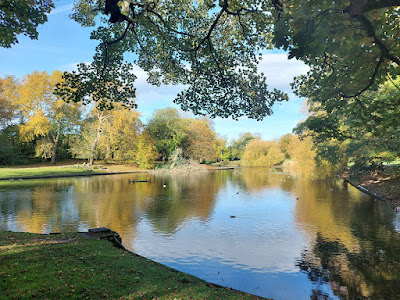
A couple of weeks ago JC/ The Vinyl Villain updated his run through 1979- a year he’s saying may be music’s best ever year- and one of the songs he posted was Japan’s Life In Tokyo. I’ve become mildly obsessed with it ever since, playing it repeatedly.
Recorded with Giorgio Moroder, who co- wrote it with David Sylvian, it builds on Moroder’s supercharged late 70s disco records with Donna Summer but with some very overt Roxy Music influences in there too. One of those records that bears repeat plays, keeps on giving, keeps rewarding in different ways- the synths, the bass, the lyrics, the production, the vocal. It’s a superb slice of 1979 art- pop.
It was re- released several times, the record company looking for a hit and as each Japan album after 1979 came out, so did Life In Tokyo. In 1981, hot on the heels of Gentlemen Take Polaroids, Hansa released it on 12″ with a seven minute extended remix and then again in 1982 after Tin Drum and two hit singles (Ghosts and Cantonese Boy) it was remixed and re- released for a third time.
David Sylvian’s lyrics are suitably impressionistic, with plenty of late 70s apathy- ‘it seems so sentimental/ why should I care’- coupled with Ballardian existentialism- ‘somewhere there’s the sound of distant living/ locked up in high society/ it seems so artificial/ why should I care’- and then the chorus, ‘oh oh oh life can be cruel/ life in Tokyo’.
In 2019 Sean Johnston wanted a version to play at ALFOS, a turbo charged edit with Japan, Moroder and Roxy Music crossed with a cosmic, sci fi Latin disco feel that goes on and on for nine minutes. So he made one.
Life In Tokyo (Hardway Bros Re- edit)
Filed under: Uncategorized | Tagged: david sylvian, giorgio moroder, hardway bros, japan, sean johnston | Leave a comment »


